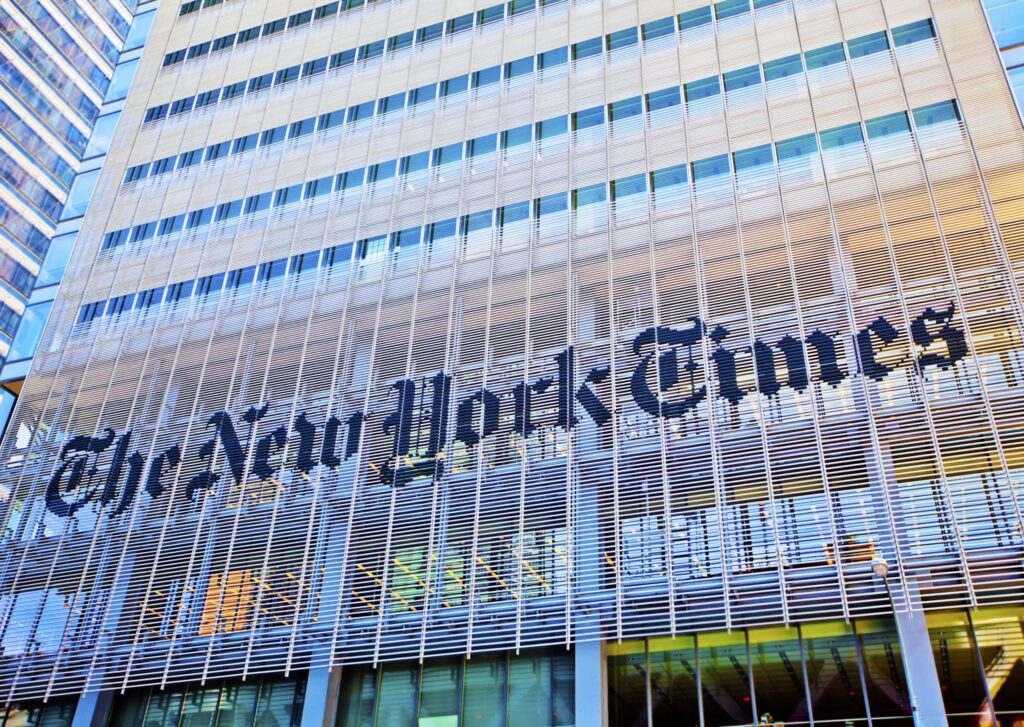NY Times spotlights CEOs who didn’t sign ad protesting new voting rights law
April 15, 2021
The media was aflutter with praise yesterday for the hundreds of leaders and corporations that signed onto an ad that appeared in the New York Times and Wall Street Journal protesting the new voting laws being signed into law that they claimed restricted voting rights.
More specifically, the ad called for the signers to “oppose any discriminatory legislation or measures that restrict or prevent any eligible voter from having an equal and fair opportunity to cast a ballot.”
On Thursday, the New York Times highlighted the CEOs who it said were “notable omissions.” from the ad. The list included Atlanta-based Coca-Cola and Delta, who had previously vigorously spoken out against new voting laws in Georgia, which helped spur Major League Baseball to move the All-Star Game from Atlanta to Denver and created a lot of blowback for the companies as a result.
Also on the shaming list were banking giant JPMorgan Chase and Walmart, whose CEO Doug McMillon said in a letter to employees that “We are not in the business of partisan politics, While our government relations teams have historically focused on core business issues like tax policy or government regulation, Walmart and other major employers are increasingly being asked to weigh in on broader societal issues such as civil rights,” adding that “we do want to be clear that we believe broad participation and trust in the election process are vital to its integrity.”
This position was backed by former American Express CEO Harvey Golub, who wrote in the Wall Street Journal that “it is wrong for executives to take a company position on public-policy questions that don’t directly affect their business,” which is exactly what they are doing in this case.
These CEOs along with others who didn’t sign but weren’t singled out by the Times realized that the backlash to the new voting law in Georgia was overblown and inaccurate. Just this week, newly elected Georgia Sen. Raphael Warnock admitted that he signed an email for a third-party group 3.14 action that contained inaccurate information on the voting law. Warnock’s email claimed that the new law ended no-excuse mail voting and restricted early voting on the weekends. Those measures were proposed but didn’t make it into the final law. The email went out five days after Georgia Gov. Brian Kemp signed the bill into law.
Rather than get into politics, Golub took a more objective view of the issue.
“I believe both that voting ought to be relatively simple for citizens and that verification of eligibility to vote should be strict as a matter of principle. It is clear that any verification of ballot integrity will increase difficulty. In my view, the Georgia law reaches a reasonable trade-off between those two objectives.”
